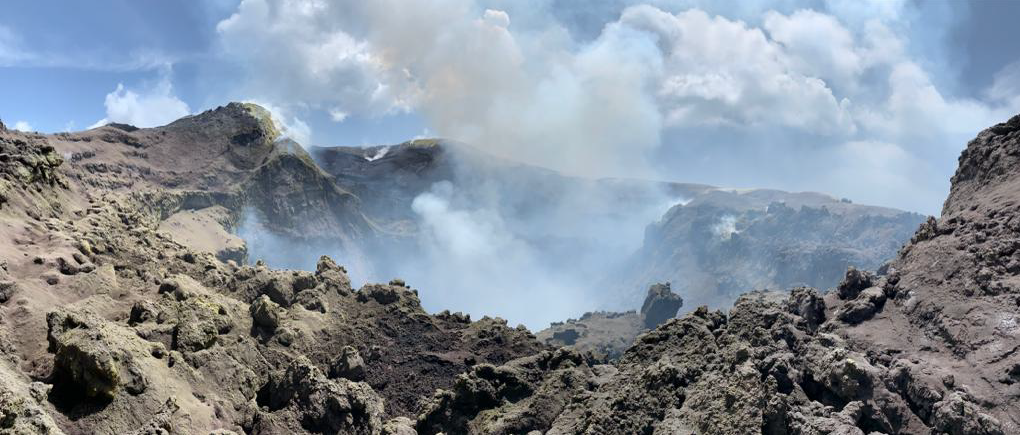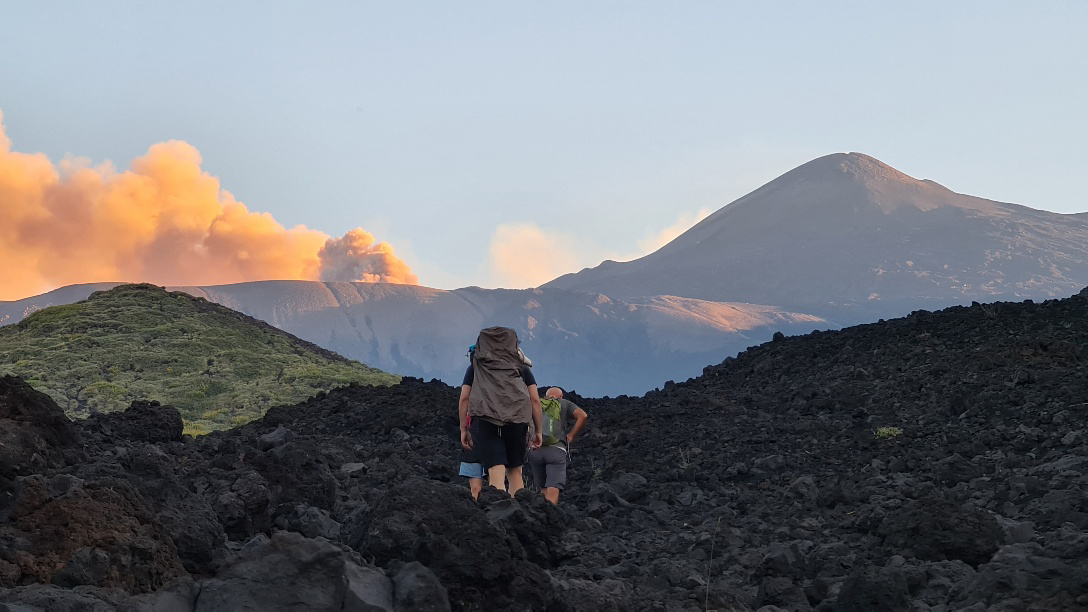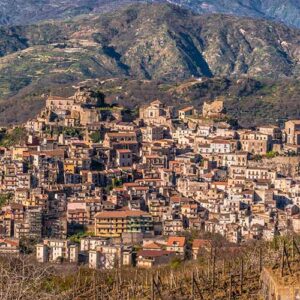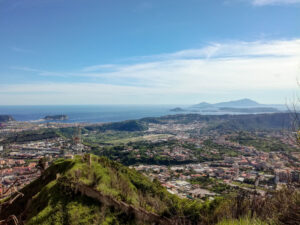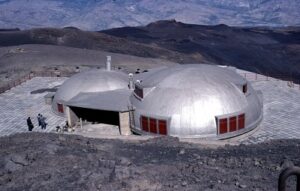For over a century, the Greek Theatre of Syracuse has been bringing classical tragedies to life, captivating audiences with timeless tales of human struggle, passion, and fate. This remarkable open-air amphitheater, carved into the rocky hillside of Sicily’s eastern coast, serves as a living link to the theatrical traditions of antiquity.

A Stage Steeped in History
The Greek Theatre of Syracuse, dating back to the 5th century BCE, is one of the largest and best-preserved ancient theaters in the world. Its impressive semicircular cavea, capable of seating up to 15,000 spectators, has borne witness to countless dramatic performances over the millennia.Since 1914, the National Institute of Ancient Drama (INDA) has been organizing annual festivals of Greek drama at the Syracuse theater, bringing the works of Aeschylus, Sophocles, Euripides, and other ancient playwrights to life for modern audiences.
The Tragic Trilogy
The festival typically features a rotation of three plays each season, often including two tragedies and one comedy. Some of the most frequently performed tragedies include:
- Medea by Euripides
- Oedipus Rex by Sophocles
- The Oresteia by Aeschylus
- Antigone by Sophocles
- The Bacchae by Euripides
Bringing Ancient Drama to Life
Directors and performers face the challenge of striking a delicate balance between honoring classical traditions and making the plays accessible to contemporary viewers. The Syracuse productions often employ innovative staging techniques, costumes, and musical accompaniment to bridge the gap between past and present.One unique aspect of the Syracuse performances is the use of the theater’s natural acoustics. Actors perform without microphones, projecting their voices across the vast amphitheater just as their ancient counterparts would have done.The chorus, a crucial element in Greek tragedy, takes on a particularly powerful role in the Syracuse productions. Often comprising dozens of performers, the chorus moves and chants in unison, creating a mesmerizing spectacle that fills the enormous stage.
A Cultural Bridge
The annual tragedy performances at Syracuse serve as more than just entertainment; they act as a cultural bridge, connecting modern audiences with the artistic and philosophical legacy of ancient Greece. The timeless themes explored in these plays – the nature of justice, the power of love, the struggle against fate – continue to resonate with viewers from all walks of life.
Challenges and Triumphs
Staging classical tragedies in an open-air theater presents unique challenges. The unpredictable Sicilian weather can sometimes interfere with performances, though the drama of a sudden thunderstorm can add an extra layer of atmosphere to the tragic proceedings. The vast scale of the theater also requires performers to adapt their techniques, using grand gestures and powerful vocal projection to reach the furthest rows.
Looking to the Future
As the Syracuse Greek Theatre festival enters its second century, it continues to evolve while remaining true to its classical roots. Recent seasons have seen experiments with multilingual performances, collaborations with international theater companies, and the incorporation of modern technology to enhance the audience experience.

The 2023 Season
The 2023 season, running from mid-May through July 2, features four new shows – one more than usual. For the first time in the theater’s 109-year history, the productions are being led by a woman superintendent, Valeria Told, who has joined forces with Marina Valensise, the managing director of the INDA Foundation since 2020.This year’s lineup includes:
- Prometheus Bound by Aeschylus
- Medea by Euripides
- Peace by Aristophanes
- A multimedia spectacle about Ulysses
A Living Tradition
The Greek Theatre of Syracuse continues to attract a diverse audience, with 40% of attendees being youths. This speaks to the enduring power of these ancient works and their ability to resonate with new generations.As the sun sets over the ancient stones of the theater, and the first lines of a timeless tragedy ring out across the amphitheater, audiences are transported back through the centuries. They become part of a living tradition that stretches back to the very origins of Western drama, experiencing the same emotions and grappling with the same profound questions that have captivated humanity for millennia.The tragedies of Syracuse serve as a reminder of the enduring power of great art to transcend time and cultural boundaries. As long as there are human hearts to be stirred and minds to be provoked, these ancient plays will find a receptive audience on the sun-baked stones of this remarkable Sicilian amphitheater.
Share
Rewrite

